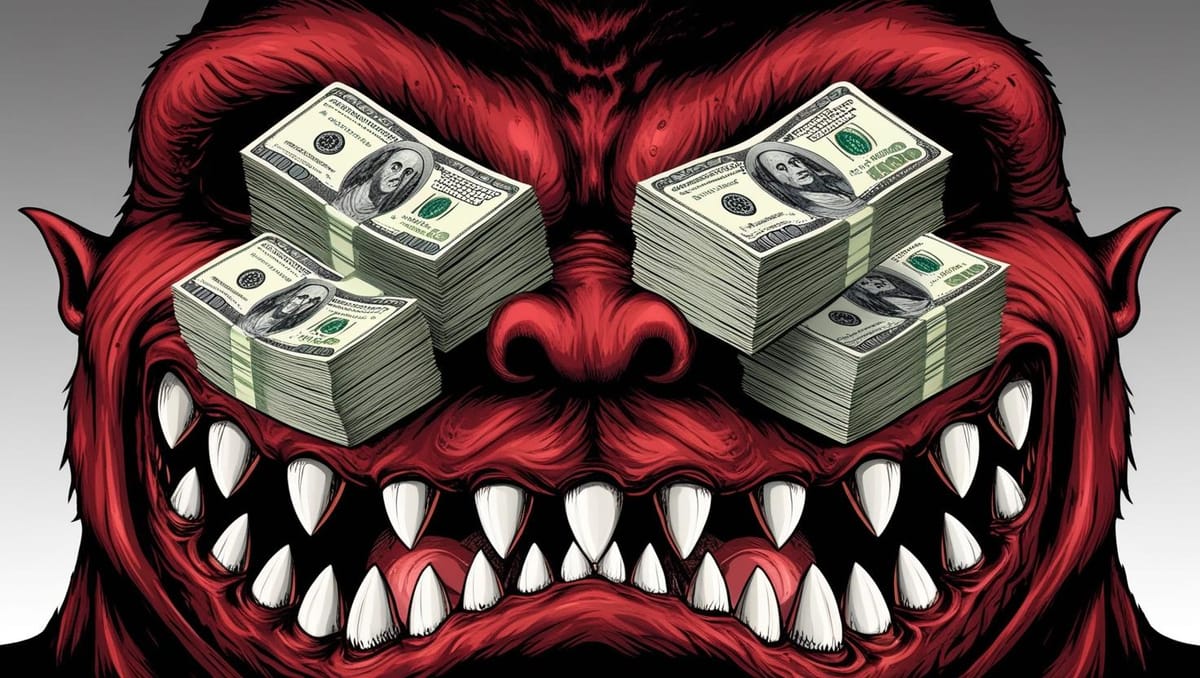Stop Emotional Trading – 6 Proven Psychological Hacks Every Trader Must Know

Emotional trading is the silent account killer. No matter how perfect your strategy is, if your emotions are in control, your capital isn’t safe. You may have experienced it: chasing pumps, selling in panic, or doubling down after a loss. These emotional decisions often lead to regret—and worse, financial losses.
But there’s good news: You can train your mind to trade with discipline.
In this article, we’ll reveal 6 psychological hacks backed by behavioral science to help you stop emotional trading, regain control, and become a more confident trader.
1. Name Your Emotions to Tame Them
“Name it to tame it.” – Dr. Daniel Siegel
When you feel fear, greed, or FOMO creeping in, label it. Say to yourself, “This is anxiety,” or “This is greed.” This small act engages your prefrontal cortex, the rational part of your brain, reducing the emotional charge.
2. Use a Pre-Trading Checklist
Before entering any trade, go through a simple checklist:
- Is this trade part of my strategy?
- Am I emotionally neutral?
- Is my position size correct?
- What’s my exit plan?
A checklist introduces structure. It slows you down, reducing impulsive decisions. Just like pilots use checklists to avoid mistakes, traders should too.
3. Adopt the “10-Second Rule” Before Any Trade
If you're about to enter or exit a trade emotionally, pause for 10 seconds.
Ask:
- Am I reacting or responding?
- Will I be proud of this trade tomorrow?
These 10 seconds create a buffer between impulse and action. This delay activates your reasoning brain, preventing emotional triggers from taking over.
4. Journal Your Trades (And Your Feelings)
Most traders journal their entries and exits—but few journal their emotions. Emotional journaling helps you track patterns like:
- Overconfidence after a win
- Revenge trading after a loss
- FOMO during market hype
Reviewing your emotional notes weekly will make your triggers visible—and once you can see them, you can manage them.
5. Set “Loss Acceptance Limits” Before Trading
Before placing any trade, ask yourself: How much am I emotionally okay to lose on this trade?
Setting a loss acceptance limit before the trade begins helps your brain accept risk in advance. That way, when the market moves against you, you won’t panic—you already expected it.
6. Use Visualization to Program Your Trading Mindset
Top athletes use mental rehearsal. You should too.
Spend 3 minutes each morning visualizing:
- Following your trading plan with discipline
- Taking a stop loss without fear
- Exiting a winning trade without greed
This primes your brain to act based on logic, not emotion. Visualization wires your subconscious to behave in alignment with your goals.
Final Thoughts: Master the Inner Game of Trading
Emotional trading is not just a beginner’s problem—it affects even the pros. The difference is, successful traders develop psychological tools to manage their reactions. Use these 6 hacks daily, and you’ll start noticing a shift in how you approach the markets.
✅ You’ll stop chasing trades.
✅ You’ll sleep better at night.
✅ You’ll finally trade with confidence and consistency.
Frequently Asked Questions (FAQ)
What causes emotional trading?
Emotional trading is caused by cognitive biases like loss aversion, FOMO (fear of missing out), overconfidence, and fear of losing. These emotions override logic and lead to impulsive decisions.
How do I avoid revenge trading?
Use journaling and post-loss rituals. After a losing trade, step away for 10–15 minutes. Reflect instead of reacting. Revenge trading often leads to bigger losses.
Can trading psychology really improve my results?
Yes. A strong mindset is often the missing link between strategy and profitability. Many traders lose money not due to bad strategies—but due to poor emotional control.
